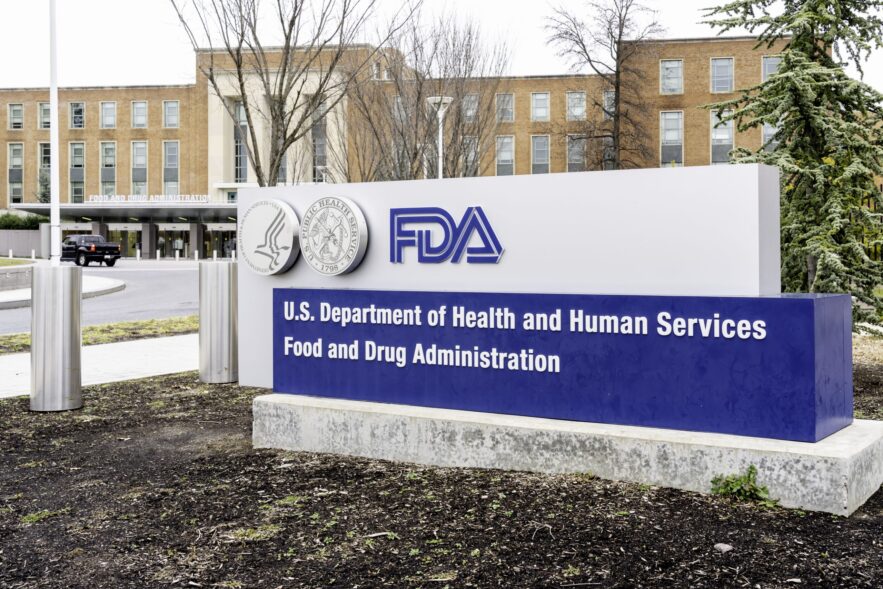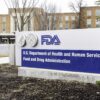Makena Presented to the FDA as a Drug That Might Lower The Preterm Birth Rate
On Monday this week I testified as a public speaker at the FDA/CDC hearing evaluating the research the manufacturers of Makena have presented. Makena was presented to the FDA as a drug that might lower the rate of preterm birth. Because preterm births have no other drug therapy available (but there are nondrug protocols with research to support their use), Makena was approved through the “Accelerated Pathway” process. That required Makena to conduct additional research to prove it is both effective and safe. The manufacturer was given a decade to produce the research. The results did not show a benefit. The manufacturer requested and got a second FDA Advisory Board hearing on the research and the drug. Here is my testimony:
Side Effects of Makena: The Preterm Birth Drug
As executive director of DES Action USA, the founder of MedShadow Foundation, and as a DES daughter myself, I am here to warn you that Makena is clearly today’s DES. Neither of the two nonprofits I run accept money or support from pharmaceutical companies. I have no conflicts of interest.
Like DES, Makena is a preterm birth drug not proven to prevent preterm birth. Makena has growing signals that it may be causing harm just like DES. Despite the FDA’s call for Makena to be pulled from the market in October of 2020, this synthetic hormone is still being marketed and injected into pregnant women.
The full name for DES is Diethylstilbestrol. It is a synthetic hormone that was prescribed to millions of pregnant women who were told that it would prevent miscarriages and premature deliveries. It was prescribed from the 1940s until the 1970s, when, by sheer luck, a link to a rare and deadly vaginal and cervical cancer called “Clear Cell Adenocarcinoma”, or CCA, in young women was linked to their exposure to DES in the womb. The cancers most often occurred in women in their early 20s and late teenage years. This was 20 years after their mothers were given DES.
Over years of follow-up and research, DES has been shown to also increase breast cancers in the mothers who were given DES.
The daughters exposed in the womb were found to have an increased risk of breast and CCA cancers, along with structural anomalies in the reproductive tract, leading to infertility, stillbirths and miscarriages. The daughters also suffered a high rate of endometriosis, uterine fibroids, early menopause, and a constellation of other conditions.
DES sons exposed in utero showed genital organ complications, with problems such as small testes and/or undescended testes, epididymal cysts, and hypospadias, among other issues.
And now the third generation, the grandchildren of those DES mothers, are seeing indications of preterm birth delivery, delayed menstruation regularity, skipping periods, hypospadias, and genital defects.
Preterm birth often has devastating and often life-long effects on the newborn and the parents. Preterm birth is a serious medical risk that deserves a medicine that is proven to work and proven to not harm the fetus. Unfortunately, Makena is not that drug. Makena is an old drug, which was previously known as Delatutin and then Gestiva. Both were removed from the market years ago.
Makena’s prescribing information already lists possible adverse effects including depression, blood clots, gestational diabetes, and injection site reactions, and even notes a possible link to stillbirth. Finally, a recent study showed increased risks for cancer in children who were exposed to this synthetic hormone in-utero, echoing what was seen with the use of DES.
The FDA’s Opposition to Makena
The FDA’s lead statistician voiced her opposition to the Makena’s approval and was ignored. Makena was not only (conditionally) approved, it became the standard of care, just as DES did in its time.
As a condition of the accelerated approval, the FDA required Makena’s maker to conduct a second, appropriately designed trial. The results of this second trial, PROLONG, were announced in March, 2019: Makena did not prevent preterm birth.
An FDA advisory committee met in October 2019 to review the research. That committee recommended removing FDA approval and withdrawing the drug from the market.
Even if it was effective, the long-term risks to the children are unknown and are not being researched. Since the children are not being tracked, how can we ever know the long-term harms of Makena?
Makena crosses the placenta and enters the fetal brain, reproductive organs, and permeates throughout the body. Both animal and human studies suggest synthetic progestins can affect the developing fetal brain, leading to learning and behavior differences in childhood.
I am a DES daughter. I could never have children. I started the nonprofit MedShadow because of my exposure, because all drugs have side effects. People have the right to know the risks, along with the possible benefits, of any drug a doctor recommends. My hope is that the world will never see another DES tragedy. I’ve spent the last 10 years doing my best to keep that from happening.
Makena has the ability to harm the mother, the child, and even the child’s child. When you make your recommendations about Makena, remember you are making decisions for three generations. Safety first, especially when the company cannot even prove it works.
Today at the end of the FDA hearing, the Committee voted on three questions
#1 Do the findings of trial 003 verify the clinical benefit of Makena on neonatal and mortality from complications of preterm birth?
Vote
Yes – 0
No – 14
#2 Does available evidence demonstrate that Makena is effective for its approved indication of reducing risk of preterm birth in women with a singleton pregnancy who have a history of singleton spontaneous preterm birth?
Vote
Yes – 1
No – 12
Abstain – 1
#3 Considering your responses to previous questions both in the discussions and votes, should the FDA allow Makena to remain on the market while an appropriate confirmatory study is designed and conducted?
Vote
Yes – 0
No – 14
Perhaps this time when the FDA tells the manufacturer to remove Makena from the market, both the FDA and the manufacturer will do so.






